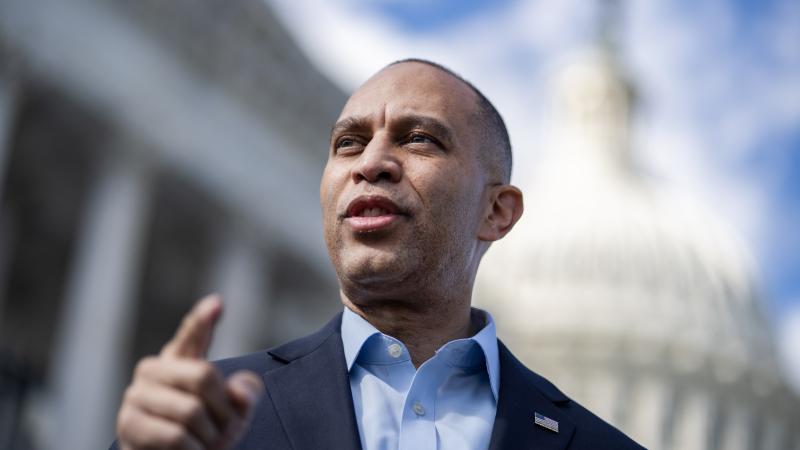FBI urges Supreme Court to reject challenge to No Fly List
"There simply isn’t a live case or controversy there any longer," an attorney for the FBI argued.
The FBI urged the Supreme Court to reject a case filed by a man who is challenging his former placement on the No Fly List as unconstitutional and seeking clarity regarding the agency's procedures surrounding the list.
U.S. citizen Yonas Fikre was living in Sudan in 2010 when he found out he was on the list, and he eventually managed to travel via private plane to the United States, where he filed a federal lawsuit in 2013. Fikre argued that the FBI violated his constitutional right to due process, and the federal agency subsequently removed him from the list, promising he would not be placed on it again "based on the currently available information," according to SCOTUSblog.
"There simply isn’t a live case or controversy there any longer," Sopan Joshi, an attorney for the FBI, told the justices during arguments Monday.
Joshi said Fikre was removed from the list "because he no longer posed a threat of engaging" in terrorism.
The American Civil Liberties Union filed a brief in support of Fikre, stating that the civil rights group identified 40 U.S. citizens and residents who argued against their No Fly List placement in court and that in all of the cases "the government kept secret the full reasons — or any reason — for placing each of them on the list."
The ACLU also said Monday that it "found that the government has repeatedly acted to prevent judicial review by taking people off the list at strategic points in litigation," and as a result, a plaintiff like Fikre does not have any "assurance that the government will not wrongly put him back on the list in the future."
Both Justices Elena Kagan and Neil Gorsuch appeared sympathetic to the idea that the government should privately appear before a judge to explain the reasoning behind a person's placement on and removal from a No Fly List.
However, Joshi said that he is "hesitant" to use that solution because it could require the government to reveal classified information to a federal judge, potentially harming national security interests.
















